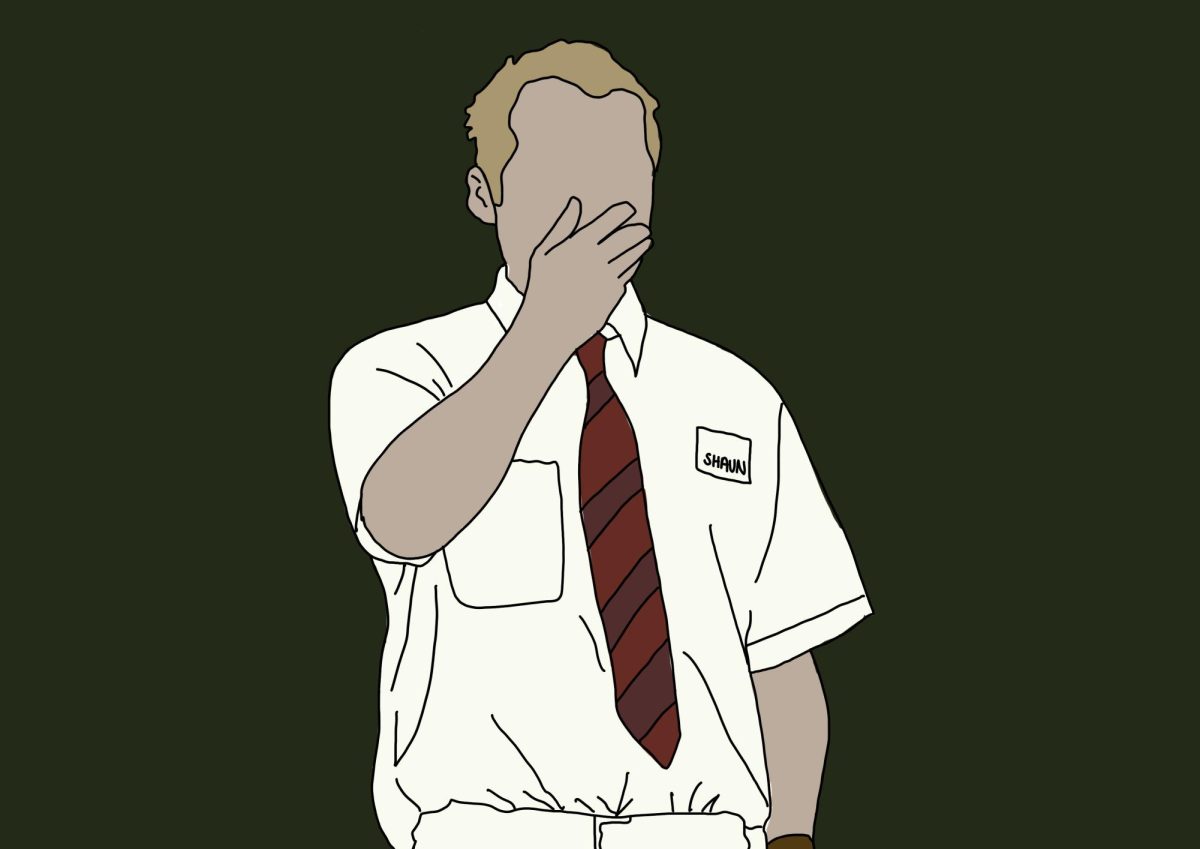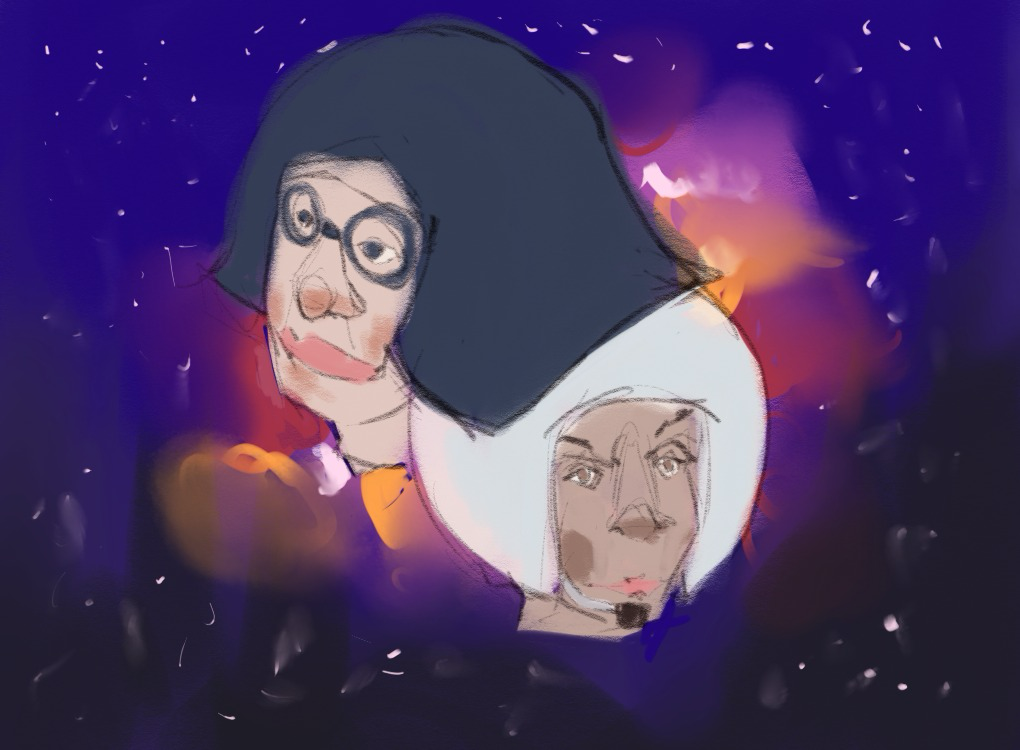
Fifty competitors. No finish line. Walk until you die.
Such is the premise of “The Long Walk,” directed by Francis Lawrence and based on the Stephen King novel of the same name. Though “The Long Walk” is an exceptional book, even more so for being King’s first, the film not only surpasses the original but adjusts it for our times, helped along by standout performances, gruesome visuals and a sharp screenplay by JT Mollner.
In a wartorn United States ruled by a totalitarian regime, young men across the country sign up for the chance to compete in the Long Walk, a grueling test of endurance that kills the losers but offers the winner a ticket out of near-universal economic devastation. In the spotlight is Ray Garraty (Cooper Hoffman), whose stubborn idealism quickly endears him to several of his fellow walkers, including the charismatic Pete McVries (David Jonsson).
Seeing a story about teenagers competing to the death for the amusement of an unfeeling dictator, one could be forgiven for assuming that “The Long Walk” would bear a strong resemblance to “The Hunger Games” adaptations, of which Lawrence directed several. Yet, despite the death toll, the visceral impact of those movies is blunted by a sprinkle of fantastical elements and firm insistence on a PG-13 rating.
Not so with the R-rated “The Long Walk,” in which any boy who falls below the pace of three miles per hour immediately receives a bullet to the head. There are several scenes so unflinching in their brutality that while watching them, most of my focus went toward not throwing up. Yet somehow, not a single one struck me as gratuitous. The film goes to great lengths to make clear that there is no allure or satisfaction to be found in death, for either the characters or the audience.
It may come as no surprise that a story about feeding the nation’s boys into a meat grinder was written during the height of the Vietnam War, when King was still a first-year at the University of Maine. Nihilism permeates every aspect of the original work, with an overwhelming sense of futility that descends into “Lord of the Flies”-esque nastiness.
A good chunk of the book is spent inside Garraty’s mind, allowing King to create a nauseating and highly compelling portrait of a human body on the brink. Rather than trying to replicate this effect, the film plays to its strengths by externalizing Garraty’s musings into conversations with the other walkers, helping develop the main cast and pulling at threads only hinted at in the novel.
Of all the changes made, the most basic is also the most radical. While their book counterparts display flashes of altruism and form bonds that cannot help but dissolve under stress, several characters in the film are unyielding in their defense of human decency. The additional depth in the relationships formed between the walkers makes each death even more devastating, resulting in a movie that is simultaneously more nightmarish and more hopeful than its source material.
This wasn’t the first attempt to adapt “The Long Walk” for the big screen. A film version has been in the works for decades, kicked around between different directors and production companies before landing at the feet of Lawrence and Lionsgate. Had it been made at any other point in time, I’m confident it would have been a very different movie.
As was the case when King first put pen to paper, it’s difficult to separate “The Long Walk” from the political context that surrounds it. The architect of the Long Walk is the Major (Mark Hamill), a petty tyrant who fetishizes the military and demands a return to imagined halcyon days. However, in contrast to the directionless rage and bitterness that saturate the book, the film is clear-eyed about its targets and steadfast in its belief that every choice matters, especially when compassion and solidarity are options.
As an adaptation, the film isn’t quite seamless — there are several striking lines in the novel that make less sense outside their original contexts — but the changes add complexity to other story beats while solid performances allow the film to forge its own path. Jonsson, in particular, is a powerhouse as McVries, grounding the narrative with simple truths that still manage to dodge the obvious cliches. Hoffman’s Garraty is similarly refreshing, believable in both his anger and his earnestness.
In adjusting its outlook, the film succeeds in targeting its message for our current moment. Nihilism, though tempting, is ultimately an empty promise — at the bare minimum, the ties that bind us together are worth defending until the end.
Life may well be nasty, brutish and short. It need not be meaningless to boot.









